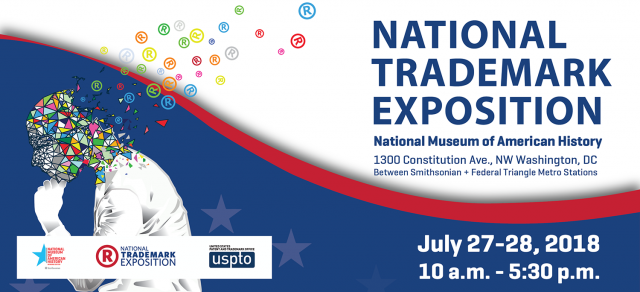New Vice Chancellor Named as Pitt Marks Another Record-breaking Year in Innovation
"These and 20 other innovative and impactful
discoveries — all developed at the University of Pittsburgh — were the basis
for the formation of 23 startup companies that were formed, or “spun out,” in
fiscal year 2018, according to Pitt’s Innovation Institute. The institute is headed by
Evan Facher, who held the position of interim director until being named
director and vice chancellor for innovation and entrepreneurship earlier this
week...
“It’s a big deal that universities are now
developing the technology that’s going to propel us into the future,” said Joe
Marcanio, who has been guiding University innovators as an Innovation Institute
entrepreneur-in-residence since 2015. “My job is to stand behind them and help
them avoid the mistakes I learned the hard way.”...
The year in kudos
Pitt rose to No. 21 — up from 27th last year and 35th in 2015 — among the top universities worldwide to be granted U.S. utility patents for a new or improved product, process or machine. Neighboring Carnegie Mellon University, a fellow anchor in Pittsburgh’s innovation ecosystem, was No. 40 in annual rankings compiled by the National Academy of Inventors and the Intellectual Property Owners Association.In March, Pitt alumnus and trustee Bob Randall (A&S ’65) announced a $2 million gift to accelerate student entrepreneurship through the Big Idea Center at Pitt.
A new Innovation Igniter workshop outlines the path to licensing an innovation or forming a startup company. The two-hour workshop is open to faculty, staff and students who are curious about commercialization.
The first cohort of a revamped Blast Furnace student accelerator program completed the nine-week program in June. Ten teams pitched their business ideas at a June 29 final event at the University Club. The Innovation Institute will host @PITTINNOVATES Open on Sept. 20 to introduce its 2018-19 academic year programming and funding opportunities.
Finally, the Innovation Institute came home a winner from the recent Deshpande Symposium for Innovation and Entrepreneurship in Higher Education, receiving the 2018 Exemplary Practice in Technology Commercialization Award in recognition of its work in accelerating innovations to the market."
































